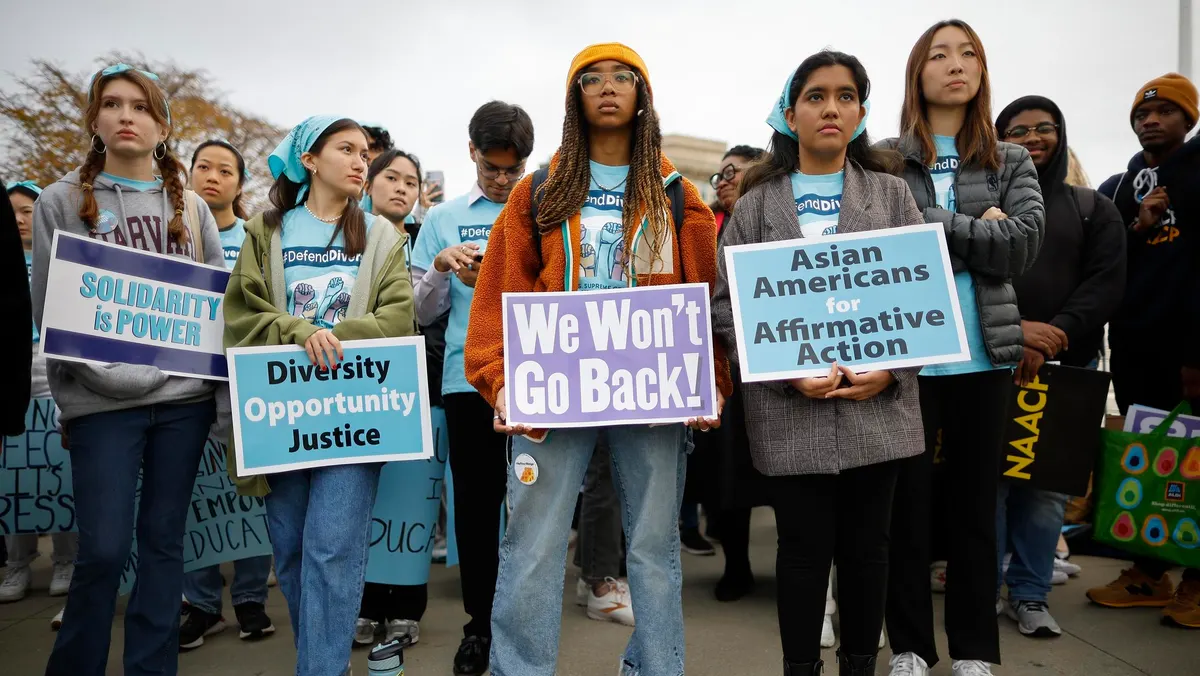By: Richard Zhao
After the Supreme Court ruled to ban affirmative action, a new ranking system has emerged to replace its role in helping disadvantaged students.
Dr. Mark Henderson, who heads medical school admissions at the University of California, Davis, is developing a new system to improve the diversity of the students going to study medicine. The socioeconomic disadvantage scale, or S.E.D., that Henderson developed now considers a student’s life experiences and struggles by giving an applicant a rating from zero to 99 based on the adversities they faced in life.
In the scale, factors considered include family income, whether their parent went to college, or if they have had to support their family. The more disadvantaged an applicant is, the higher the score on the ranking. However, the children of doctors earn a S.E.D. score of zero. According to Toluwalase Ajayi, MD, children of doctors are 24 times more likely to become doctors. The reason for the zero is because of a “staggering economic gap between medical students and the general public,” Dr. Henderson explains.
Admission at UC Davis now takes into account the S.E.D. along with the usual factors: GPA, standardized test scores, recommendation essays, and interviews. With the ranking system, which was first tested in 2012, UC Davis became of the most diverse medical schools in America, with 14 percent of the most recent entering class being Black and 30 percent being Hispanic.
Many other leaders support taking the socioeconomic factors of a student into account, including Present Biden. On Thursday, Mr. Biden told reporters that “The kid who faced tougher challenges has demonstrated more grit, more determination, and that should be a factor that colleges should take into account in admissions.”
The socioeconomic ranking system is far from perfect, and it faces its own issues. The Pacific Legal Foundation, a liberal activist group, has already sued a school for including student backgrounds as part of the admissions process because the supreme court already banned affirmative action in schools. The Foundation argues that because of the ban, economic status should not be used to replace the role race once had in admissions. Dr. Henderson is still determined to work on his rating scale. “Am I worried about it? Yes,” Dr. Henderson said regarding lawsuits. “Is it going to stop me? No.” As he develops his scale, other changes in the admission process are sure to follow.
Source:
https://www.nytimes.com/2023/07/02/us/affirmative-action-university-of-california-davis.html











